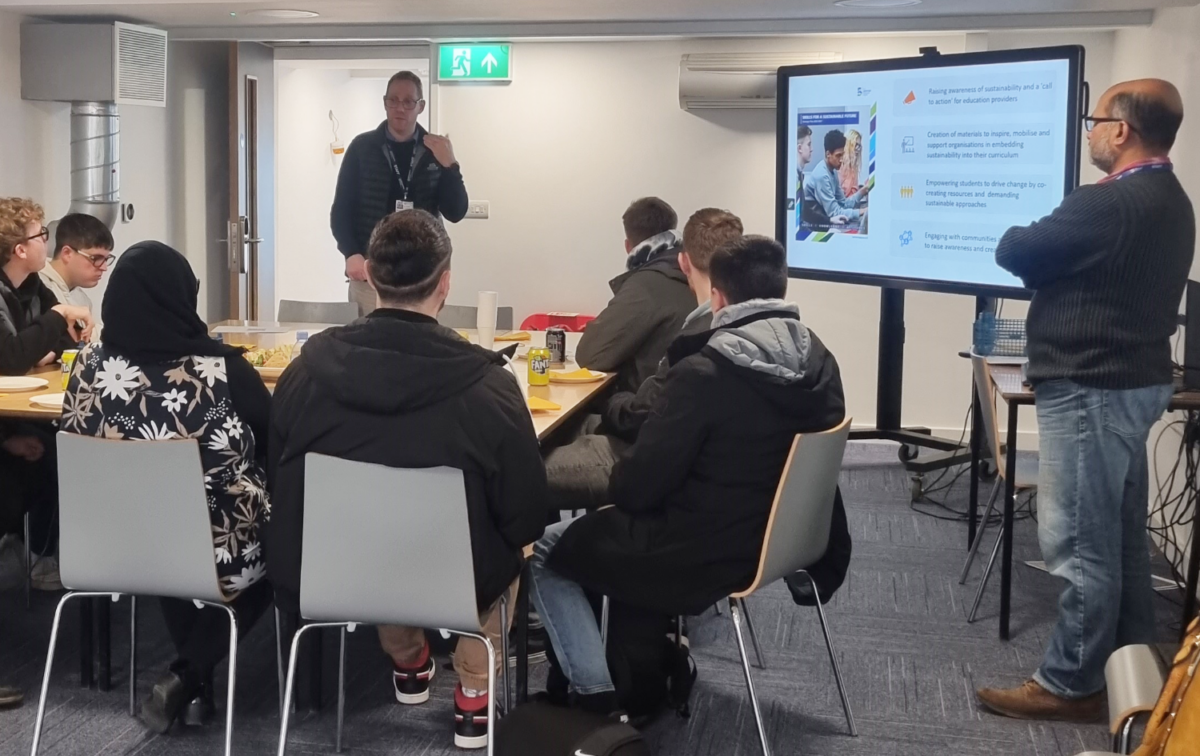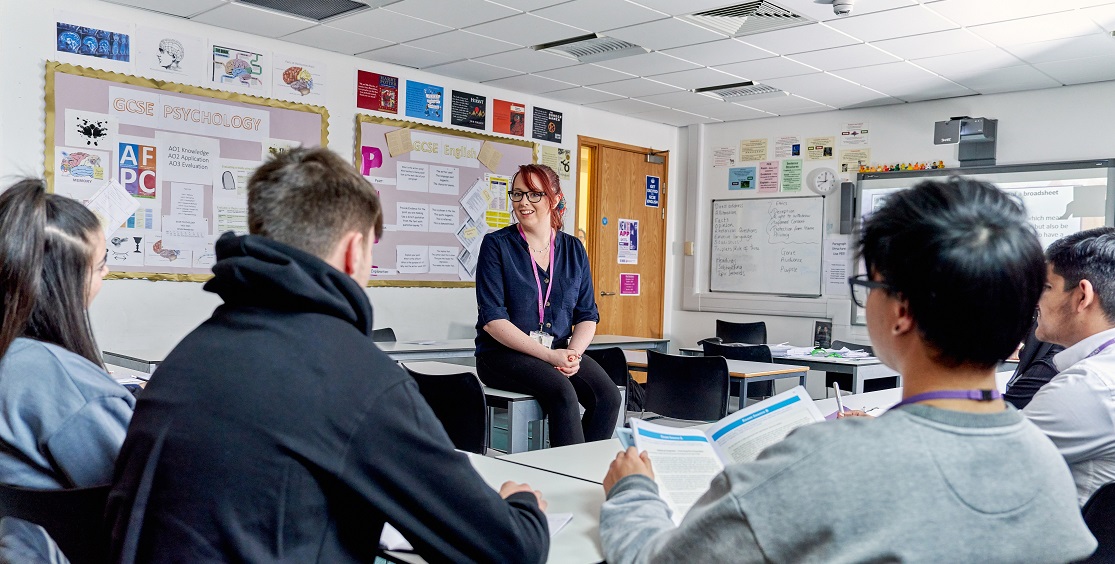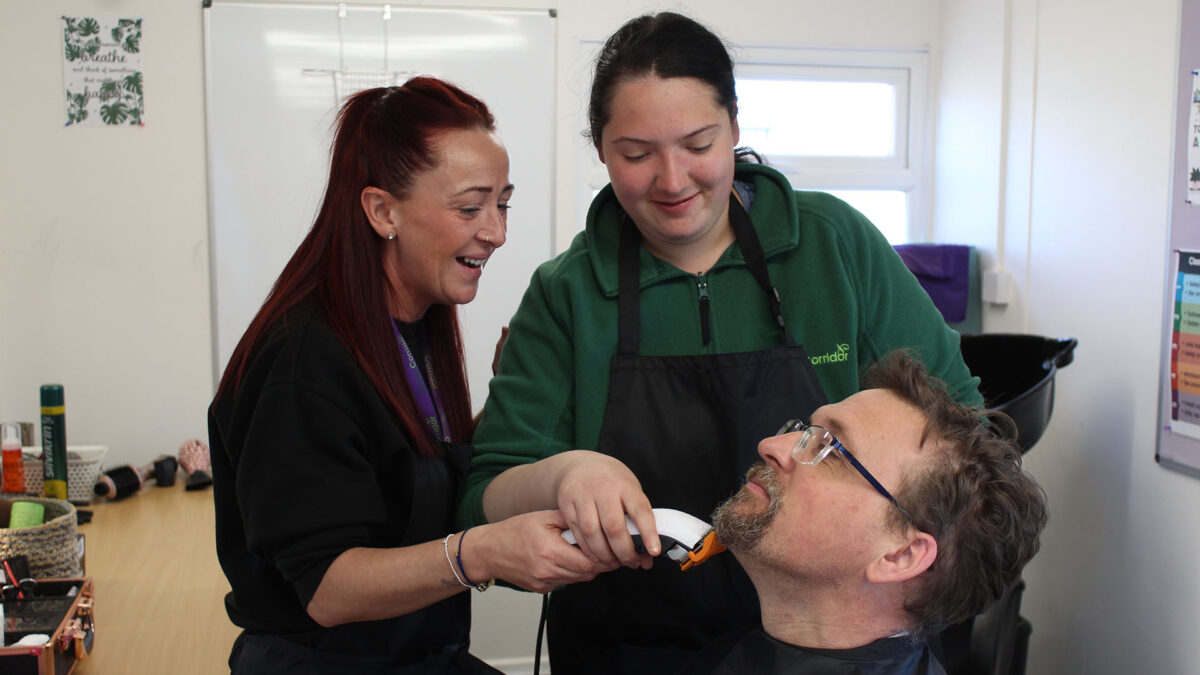After a Year as Chair of Governors, I Don’t Know How You Do It!

A year ago, I wrote a piece for these pages about my hopes for the future, having just become Chair of Governors at Milton Keynes College Group. Twelve months later, I’m continually astonished at what management, staff and students are able to achieve, in spite of every conceivable obstacle being put in their way.
A Broader Role Than Education Alone
Twelve months back, I argued that we governors had a responsibility to try to raise FE’s profile with politicians, journalists and other opinion leaders. I was thinking then primarily about the importance of colleges in education and training, but I now see just how our position is so much more significant than even that.
When you’re the chair you have a lot more opportunities to talk to senior executives, staff and students than when you’re just a governor. Only then do you begin to grasp the sheer complexity of a college’s position in its community. Who outside the sector has the slightest idea of how much goes into safeguarding or dealing with students’ mental health issues? I was chatting to my wonderful CEO and Principal, Sally Alexander the other day, and the hit Netflix show, Adolescence, came up in conversation. She told me how, when watching it, as each problem in the child’s life was played out, she said to herself, “We deal with that, and that, and yep, that’s a challenge for us.”
The Unique Position of FE Colleges
In this sense, the role of an FE College is very different from that of a school or university. Schools are very much centred on their catchment areas. Universities exist within communities but draw most of their students from outside. Only colleges bear responsibility for a whole town or area. We are committed to, and rely upon, our local employers, charities, ethnic and faith groups. We teach teens and adults alike in one place, including refugees, non-English speakers and those whom the education system has often let down before they join us.
Financial Challenges and Policy Uncertainty
When it comes to funding, we pay less but often expect more from our staff. No business would be expected to operate under the kind of financial model we endure. From lagged funding for our younger students, to discovering in March that your adult education budget is being cut by 6%, when you’re already recruiting for August. Uncertainty hangs over BTECs, the future of the apprenticeship levy and that of Institutes of Technology.
Indeed, it seems all our goalposts are shifted at an alarming rate and with little or no warning. We battle to enthuse the public about T Levels, yet universities are allowed to refuse to recognise them, and the public and employers are largely unaware of their existence (can you imagine the scale of the public information campaign if A Levels were being significantly altered?).
Skills Agenda vs. Resource Reality
All this is against the backdrop of the government’s Skills Agenda and the desperate need to boost growth, driven by education and training, especially in critical sectors like engineering and construction. FE serves these disciplines remarkably well, but without the funding for workshops and classrooms, our reach will always be severely limited. Even with those facilities, we will continue to struggle to recruit the skilled craftspeople to pass on their expertise, while we are still so uncompetitive with the private sector.
On top of that, we have the blatant unfairness of the disparity with wages afforded by schools at an average of £10,000 per year, surely this must be addressed.
Delivering Results Despite Challenges
Between October and December last year, 987,000 16-24-year-olds were not in work, education or training – almost one in seven people in that age range. And yet, at Milton Keynes College Group, 98.8% of our students progress onto a positive destination of future employment or study. How is that even possible?
If ministers actually understood what colleges do, what we contribute, surely, they’d find a bit more cash from somewhere… wouldn’t they?
By Ruby Parmar, Chair of Governors at Milton Keynes College Group











Responses